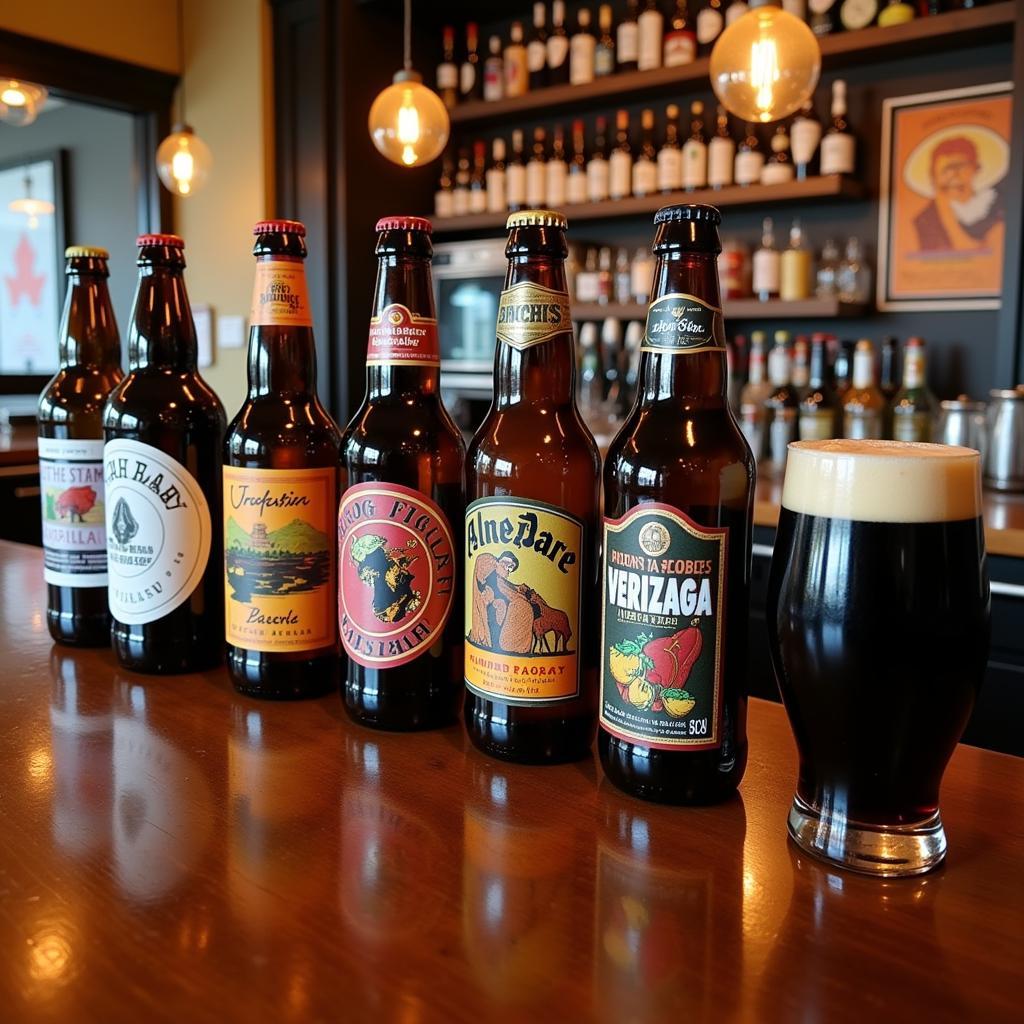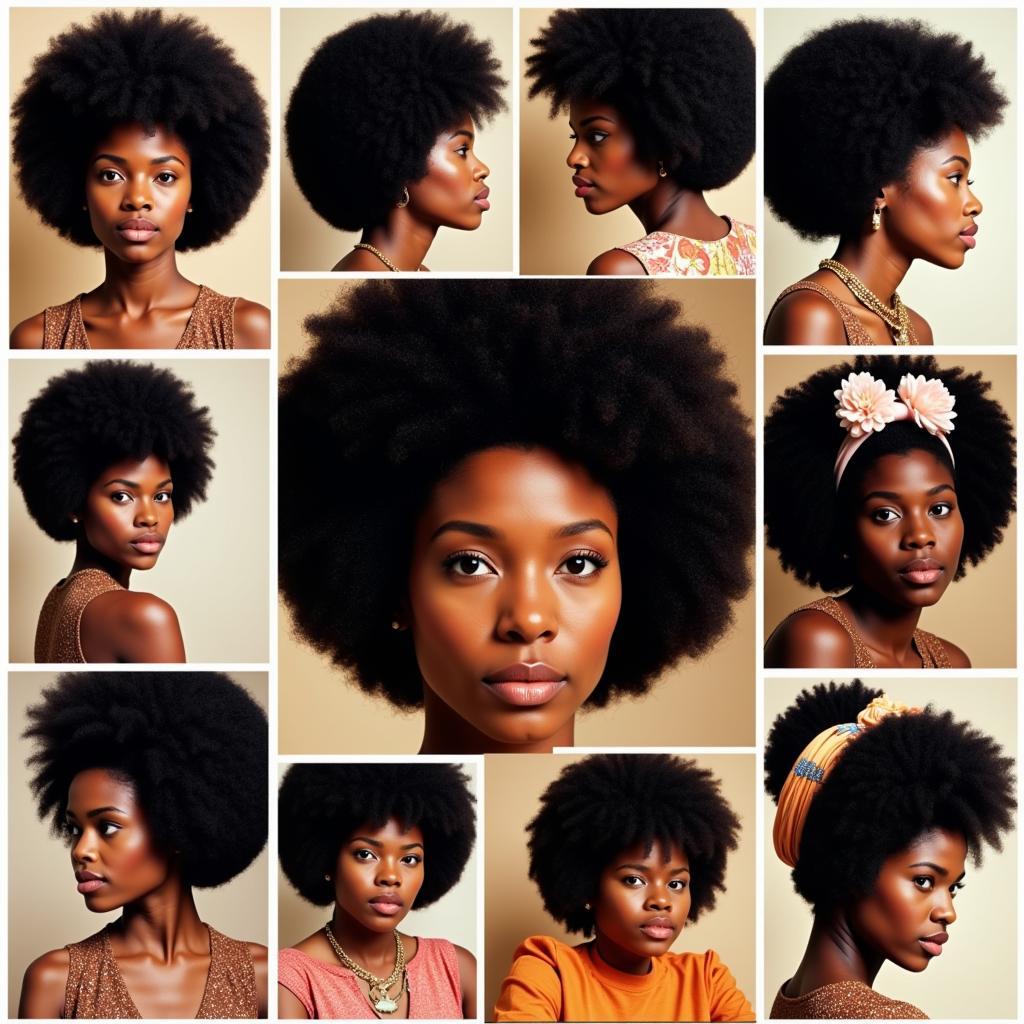African American Customs and Traditions: A Rich Tapestry of Heritage
African American culture is a vibrant and diverse tapestry woven from the threads of history, resilience, and tradition. From the soulful melodies of blues and jazz to the fiery flavors of soul food, African American Customs And Traditions offer a unique window into the rich heritage of this community. This article delves into the captivating world of African American customs and traditions, exploring their origins, significance, and lasting impact on society.
The Roots of African American Customs and Traditions
African American customs and traditions have deep roots in the experiences of enslaved Africans brought to the Americas. Though forcibly uprooted from their homeland, enslaved Africans managed to preserve aspects of their cultural heritage, adapting and evolving them in the face of adversity. These traditions served as a vital source of strength, identity, and community in a world that sought to strip them of their humanity.
The Importance of Family and Community
Family and community play a central role in African American culture. Extended families often live together, providing a strong support system and fostering a sense of belonging. Community gatherings, such as church services, family reunions, and neighborhood block parties, are essential for strengthening bonds and celebrating shared heritage.
What are some examples of African American family traditions?
Family traditions are deeply cherished in African American culture. These traditions often center around faith, storytelling, and the passing down of cultural knowledge from generation to generation.
- Sunday Dinner: This weekly tradition brings families together for a shared meal, providing an opportunity to bond, share stories, and express gratitude.
- Family Reunions: These gatherings are a celebration of ancestry, allowing extended families to reconnect, share memories, and learn about their lineage.
- Storytelling: Elders often share stories of their ancestors, struggles, and triumphs, preserving family history and inspiring future generations.
The Power of Music and Dance
Music and dance are deeply woven into the fabric of African American culture. From the soulful melodies of blues and jazz to the energetic rhythms of gospel and hip-hop, music serves as a powerful expression of joy, sorrow, resistance, and hope.
What role does music play in African American culture?
Music plays a multifaceted role in African American culture.
- Expression: Music provides an outlet for expressing emotions, celebrating life, and sharing stories.
- Community: Music brings people together, fostering a sense of belonging and unity.
- Resistance: Music has been used as a tool for protest and resistance against oppression and injustice.
The Significance of Faith
Faith plays a central role in the lives of many African Americans. Churches serve as spiritual sanctuaries, offering solace, guidance, and a sense of community. African American churches have been at the forefront of social justice movements, providing a platform for activism and advocacy.
What are some examples of African American faith traditions?
- Black churches: These churches have a long history of serving as a center of spiritual and community life.
- Gospel music: This genre of music is rooted in the African American church experience, expressing faith and hope through powerful vocals and energetic rhythms.
- Spirituals: These songs, born during slavery, carried messages of faith, freedom, and resilience.
The Impact of African American Customs and Traditions on American Culture
African American customs and traditions have had a profound impact on American culture as a whole. From the influence of blues and jazz on modern music genres to the widespread adoption of soul food dishes, African American culture has enriched the tapestry of American life.
“The rich history and vibrant traditions of African Americans have shaped the cultural landscape of America in immeasurable ways. Their resilience, creativity, and unwavering spirit are a testament to their enduring legacy.” – Dr. Maya Jones, Professor of African American Studies
FAQ
- What is the significance of Kwanzaa? Kwanzaa is a seven-day celebration of African American heritage and culture, focusing on community, self-determination, and cultural unity.
- What is the importance of Juneteenth? Juneteenth commemorates the emancipation of enslaved Africans in the United States, celebrating freedom and racial justice.
- What are some examples of African American art forms? African American art forms are diverse and dynamic, including visual arts like painting, sculpture, and photography, as well as literary works, music, and dance.
Conclusion
African American customs and traditions are a testament to the resilience, creativity, and enduring spirit of this community. From family gatherings and musical expressions to faith-based traditions and artistic creations, African American heritage continues to enrich and shape American culture. By celebrating and preserving these traditions, we honor the past, embrace the present, and inspire a brighter future for all.



